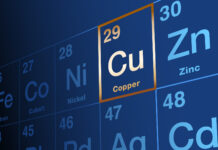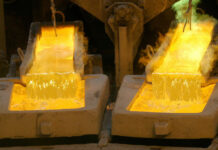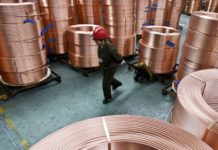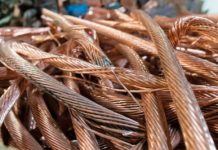
[miningmx.com] — ALUMINIUM processing companies have failed in an attempt to get BHP Billiton to supply them with liquid metal from the group’s Richards Bay-based Hillside smelter – a deal that would haved saved huge amounts of electricity.
The R500bn BHP Billiton was initially willing to supply the liquid aluminium, but then changed its mind because it earns more from tax benefits derived from exporting the base metal.
Syd Kelly, CEO of the Richards Bay Industrial Development Zone (IDZ), said five years of negotiations had gone into sourcing the aluminium. In fact, the negotiations were so far advanced that a contract had been drafted in terms of which metal companies would buy 180 000 tonnes of liquid aluminium a year from the Hillside smelter.
The metal would be transported to smaller plants where up to six downstream aluminium processing companies would cast it into products such as aluminium powder and sheet aluminium.
BHP Billiton said, however, it did not wish to continue the negotiations because an environmental impact study indicated the safety risks associated with transporting the hot aluminium were too great, Kelly said.
However, transporting hot aluminium by road is a well-known, often-used technology, especially as it saves so much energy, and electricity in particular.
In Richards Bay, BHP Billiton itself transports considerable amounts of liquid aluminium from its Hillside plant, where the aluminium is manufactured, to Bayside, an outdated facility where the group built a modern foundry a couple of years ago.
It gets the electricity from Eskom at low prices which involve a loss for the power producer. The Hillside smelter draws some 1 700MW from the utility.
Hulamin, a downstream aluminium semi-fabricator, processes about 250 000 tonnes a year of aluminium, although not all comes from BHP Billiton.
The foundry is however being shut down this year, after which BHP Billiton will produce only certain products, such as rods, which will be cast at Hillside and Mozal and then exported.
From next year, therefore, Hulamin will have to import and cast its own aluminium, as will the six smaller processing companies that have for some years attempted to buy the liquid stock from BHP Billiton.
In Europe thousands of tons of aluminium are transported about 600km by road from smelters in Germany to, for instance, vehicle factories in Italy. The Alps are even crossed with the molten aluminium in trucks in temperatures far below freezing.
Transfer pricing
The real reason why Billiton does not want to deliver the liquid metal to South African customers is because it earns more by exporting it, sources said.
This is owing to transfer pricing in which it exports the aluminium to itself at less than market prices which then incurs a tax benefit.
Johnny Dladla, vice-president of communications and external affairs at Billiton South Africa, said BHP Billiton’s business philosophy did not support third-party production risks that can affect its operations, and the company therefore does not permit the transfer of liquid aluminium to third parties.
He denied that BHP Billiton derives tax benefits from using transfer pricing for aluminium exports.
The chief executive of one of the metal-processing companies that wants to use Hillside’s liquid metal said they are competing with companies that buy liquid aluminium in Europe and don’t have to bear the costs of the electricity required to smelt it.
BHP Billiton consumes electricity and water to cool the aluminium down after casting.
The Hillside plant produces some 700 000 tonnes of aluminium a year, and consumes about 5% of the electricity Eskom generates.
An engineer advising some of the smaller companies says Hillside could save up to 4% of its electricity consumption by selling the 180 000 tonnes in liquid form. This would represent an annual saving of about 924MW.
The biggest saving would however benefit the smaller processing companies, which would no longer have to liquify the aluminium before processing it.vThey would save about 2 640MW a year, said an engineer who does not wish to be identified.
This would represent about 80% of what it costs the group in electricity to process aluminium.
-Sake24











